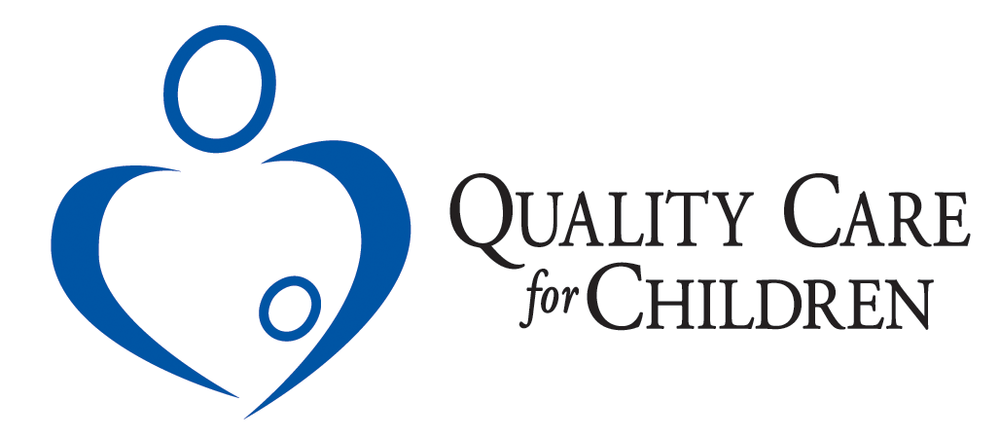Quality Care for Children Overview
With over 40 years of experience, Quality Care for Children continues to be an industry leader that works hard for Georgia’s infants and young children.
VISION
Every child reaching their full potential
MISSION
Create a system that equips families and child care providers with the knowledge and resources to nurture and educate Georgia’s infants and young children
VALUES
People matter most
Expect the best
Relationships are key
Diversity makes us better
Quality is critical
Equity is vital
Quick Facts
Offices: Atlanta, Duluth, Cartersville
Year Founded: 1979
Employees: 105
Operating Budget: $15 million
Why our work is critical
EARLY BRAIN DEVELOPMENT
90% of a child’s brain is “hardwired” before the age of 5, setting the groundwork for future learning.
INCREASING COST OF CHILD CARE
40% of a low-income family’s budget can easily be spent on child care (average cost in Atlanta is $9,284).
CHILDHOOD HUNGER & POVERTY
26% of children in Georgia live in food insecure homes, and more than 24% live below the poverty level.
EARLY LITERACY GAP
By age 3, there is a 30 million word gap between children from the wealthy and poor families.
Our Approach
QCC’s comprehensive approach involves working directly with Georgia’s children, parents, and child care providers. The data and findings from the organization’s programs is then leveraged to advocate for policies that promote child care quality and affordability at the local, state, and national levels.
Guiding Principles
Always prioritize the needs of children, especially the most vulnerable
Consistently link program and policy
Innovate while taking prudent risks
Leverage our position as thought leaders
Our Programs
+ Child care referral Service
QCC provides a free state-wide child care referral service for parents seeking child care, after school programs, and summer camps. The organization’s Referral Specialists help parents understand all of their options to find them programs that fit their family’s needs.
+ Child care provider training
QCC offers in-person and online training classes for child care professionals as well as Child Development Associate (CDA) Credential™ courses. Additionally, QCC provides state-wide nutrition training for child care cooks.
+ Child Care Food Program
QCC administers the USDA Child and Adult Food Care Program (CACFP). The ACFP supports programs that demonstrate a commitment to good nutrition by helping offset the cost of serving higher quality meals and snacks.
+ Early Head Start
QCC manages a cohort of Early Head Start family child care providers that serve children of low-income families. QCC staff assists with all aspects of running these programs to provide comprehensive child and family services birth through age 3.
+ Quality Rated Support
Quality Rated is Georgia’s quality rating improvement system created to assess, improve, and communicate the quality of early care programs. QCC provides on-site consulting at child care programs to support their quality improvement efforts.
+ Provider Resource Hub
The Provider Resource Hub (formerly the Georgia Alliance for Quality Child Care) membership program provides child care professionals with administrative and cost-saving resources as well as workshops to help them run their programs more effectively and efficiently.
+ Boost Child Care Scholarships
The Boost Child Care Assistance Initiative provides child care tuition scholarships to low-income college student parents who cannot afford quality child care but do not receive a child care subsidy in Georgia and also advocates for policies that strengthen access to high-quality care.
+ Emergency Child Care
The Emergency Child Care program assists families who are experiencing crisis situations by helping them pay for child care and developing a long-term care plan. Family crisis situations often include domestic violence, hospitalization, and job loss.
+ Georgia Parent Power MESSAGING
Through Georgia Parent Power, parents can receive two free informational mobile messages each month by simply texting “GeorgiaParent” to 99000. Messages cover helpful topics such as developmental milestones, child care quality indicators, and literacy tips.





